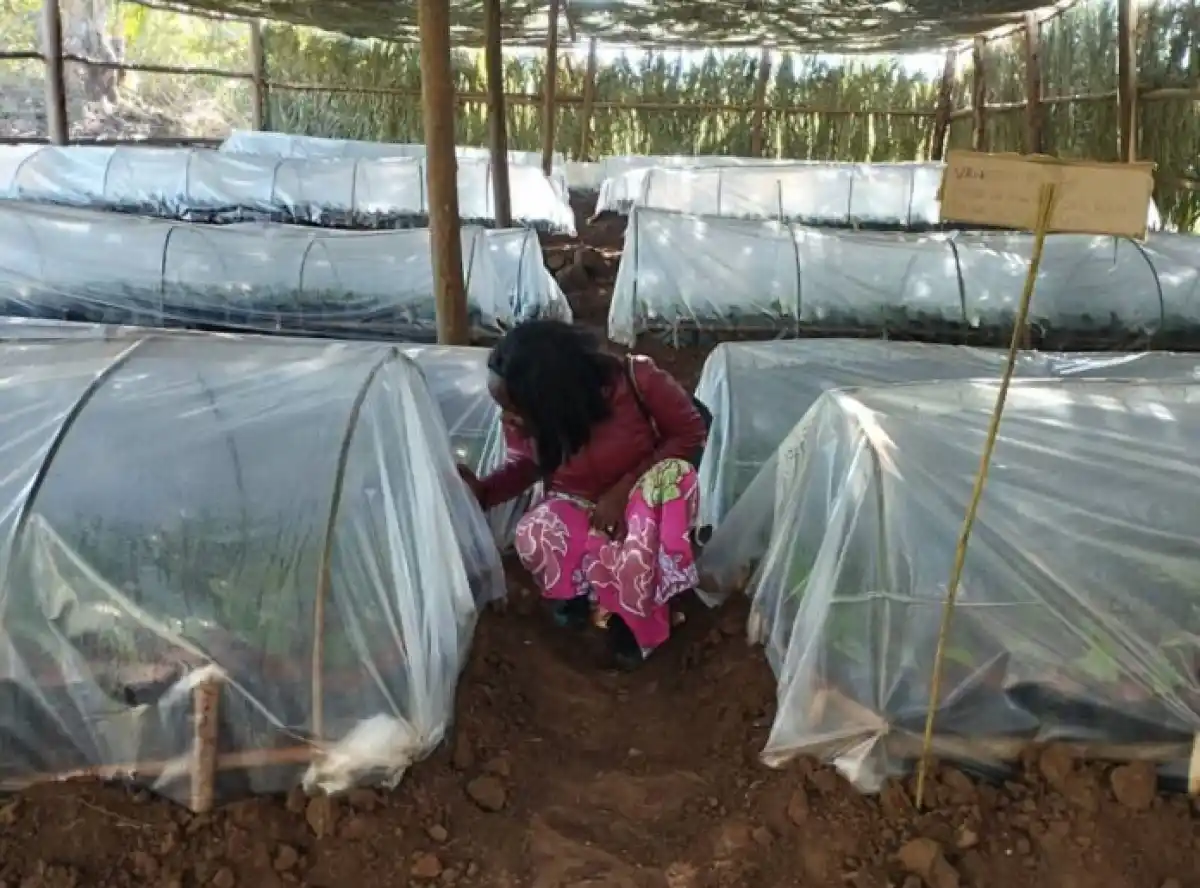
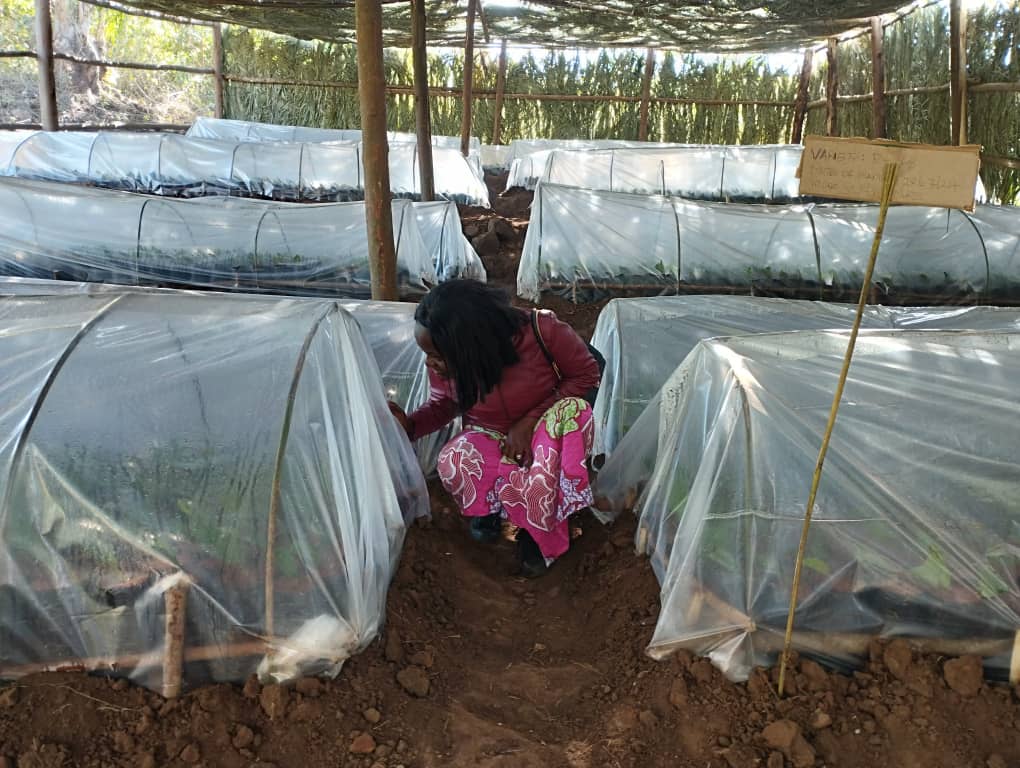
In a transformative effort to bolster Malawi’s tea industry and uplift smallholder farmers, Solidaridad Southern Africa has distributed over 80,000 tea seedlings to more than 1,000 farmers in Thyolo district. This initiative, which is part of Solidaridad’s Pathways to Prosperity (P2P) Tea Program, aims to provide sustainable solutions to long-standing challenges faced by farmers in the region.
The program targets farmers across the Chizunga and Msuwazi tea growers associations and the Mtendere Cooperative, offering not only high-quality seedlings but also crucial farming materials such as watering cans, wheelbarrows, fertilizers, and nursery management tools. Beyond material support, farmers are receiving essential training on nursery management and sustainable agricultural practices to boost productivity and improve the quality of their tea harvests.
For years, tea farmers in Thyolo have struggled to access quality seedlings, which are crucial for high tea yields. The reliance on older, less productive tea varieties has contributed to low output and poor-quality tea leaves, affecting both the livelihoods of farmers and the quality of Malawi’s tea exports.
“Many smallholder farmers simply don’t have the financial means to purchase quality seedlings,” explained Given Phiri, Country Manager for Solidaridad Malawi. “By providing these seedlings along with construction materials and fertilizer, we are enabling farmers to increase their productivity and improve their livelihoods in a sustainable way.”
With Solidaridad’s intervention, farmers now have the opportunity to rejuvenate their crops with newer, higher-yield varieties, offering a path towards increased profitability and long-term growth.
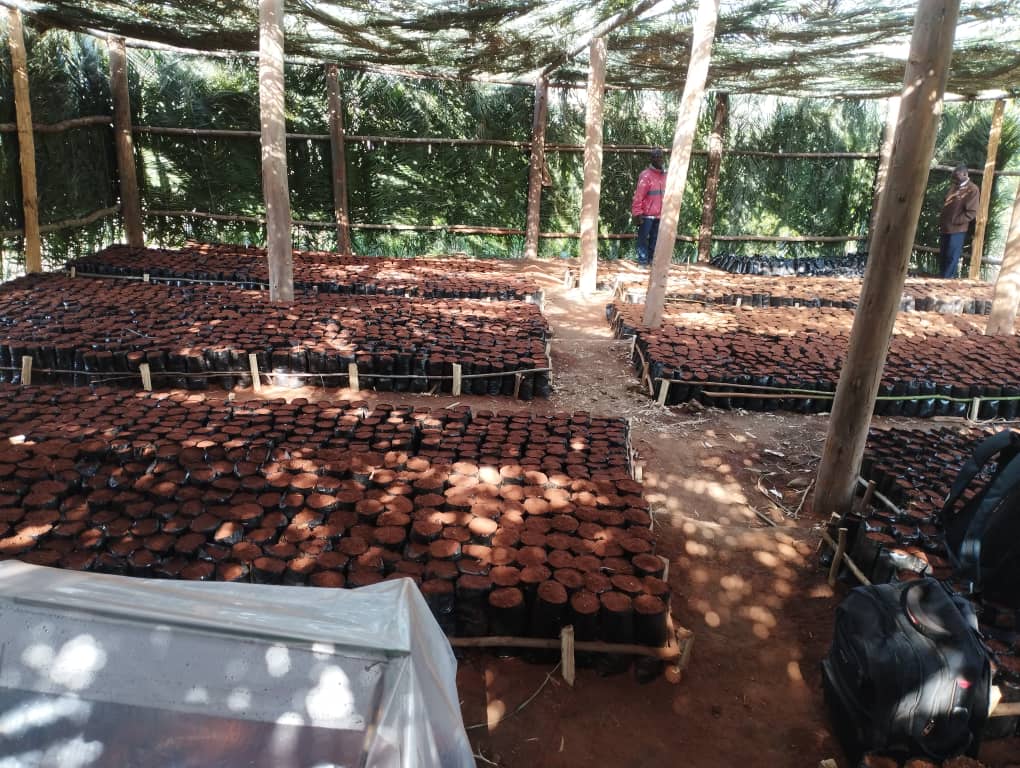
Solidaridad’s support goes beyond merely handing out resources. The organization is investing in the long-term sustainability of Malawi’s tea sector by equipping farmers with the skills needed to maintain and expand their tea nurseries. Through specialized training in nursery management, farmers are learning how to cultivate and manage their tea seedlings effectively, ensuring they can produce strong, high-quality plants for future growth.
“Providing seedlings is just one part of the solution,” said Misozi Magaleta, Project Manager for the P2P Tea program. “Farmers also need the skills and resources to cultivate and maintain their crops effectively. The training and materials we provide are essential in ensuring that the farmers can realize the full potential of their tea fields and support their families.”
By building stronger foundations for tea production, Solidaridad is helping farmers mitigate post-harvest losses, enhance productivity, and establish sustainable, profitable tea businesses.
Solidaridad’s program also places a strong emphasis on gender inclusivity, recognizing the critical role women play in Malawi’s tea industry. Women farmers often face significant barriers to accessing resources and opportunities, but Solidaridad is actively working to bridge these gaps.
“Empowering women in agriculture is key to driving inclusive growth in Malawi,” said Precious Greehy, Head of Gender and Youth at Solidaridad. “By ensuring that women have equal access to resources and training, we are creating opportunities for them to thrive and actively participate in decision-making processes within their communities.”
This focus on gender inclusivity is helping women farmers become more economically independent while contributing to the broader success of their farming communities.
This initiative is part of Solidaridad’s larger commitment to fostering sustainable supply chains that benefit both people and the planet. By improving the livelihoods of smallholder farmers and promoting environmentally responsible farming practices, Solidaridad is helping build a resilient tea sector in Malawi and across Southern Africa.
“Through good practices, market uptake, and collaborative stakeholder engagement, Solidaridad is building resilient supply chains that improve livelihoods and promote sustainability,” said Nozipho Ndlovu, Regional Programme Manager for the Reclaim Sustainability Tea Program at Solidaridad.
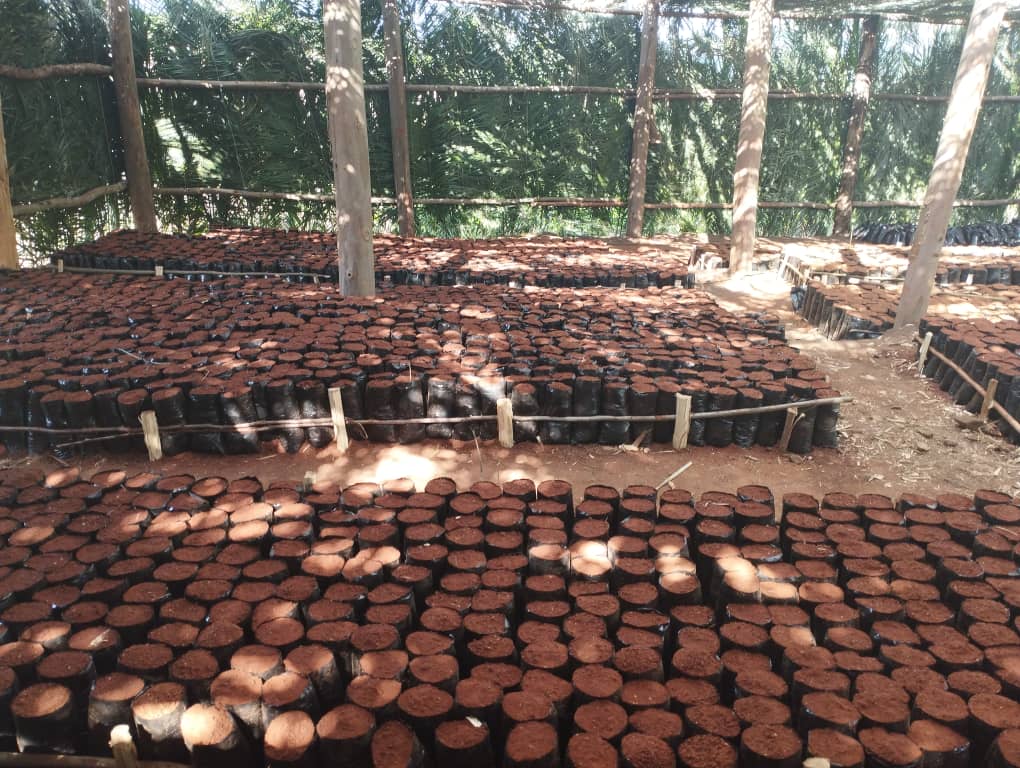
As Solidaridad continues to drive positive change across Malawi’s agricultural sector, the impact of its work is felt not just by the farmers who receive direct support, but also by the entire tea industry, which stands to benefit from improved quality, sustainability, and productivity in the years to come.
Solidaridad Southern Africa is part of the global Solidaridad network, a leader in promoting social justice and sustainability in supply chains. With a presence in over 40 countries worldwide, the organization works to improve livelihoods, support gender equality, and promote environmentally sustainable practices.
Through its work in Malawi, Solidaridad remains committed to helping farmers, workers, and communities build better futures—rooted in sustainability, prosperity, and social justice.


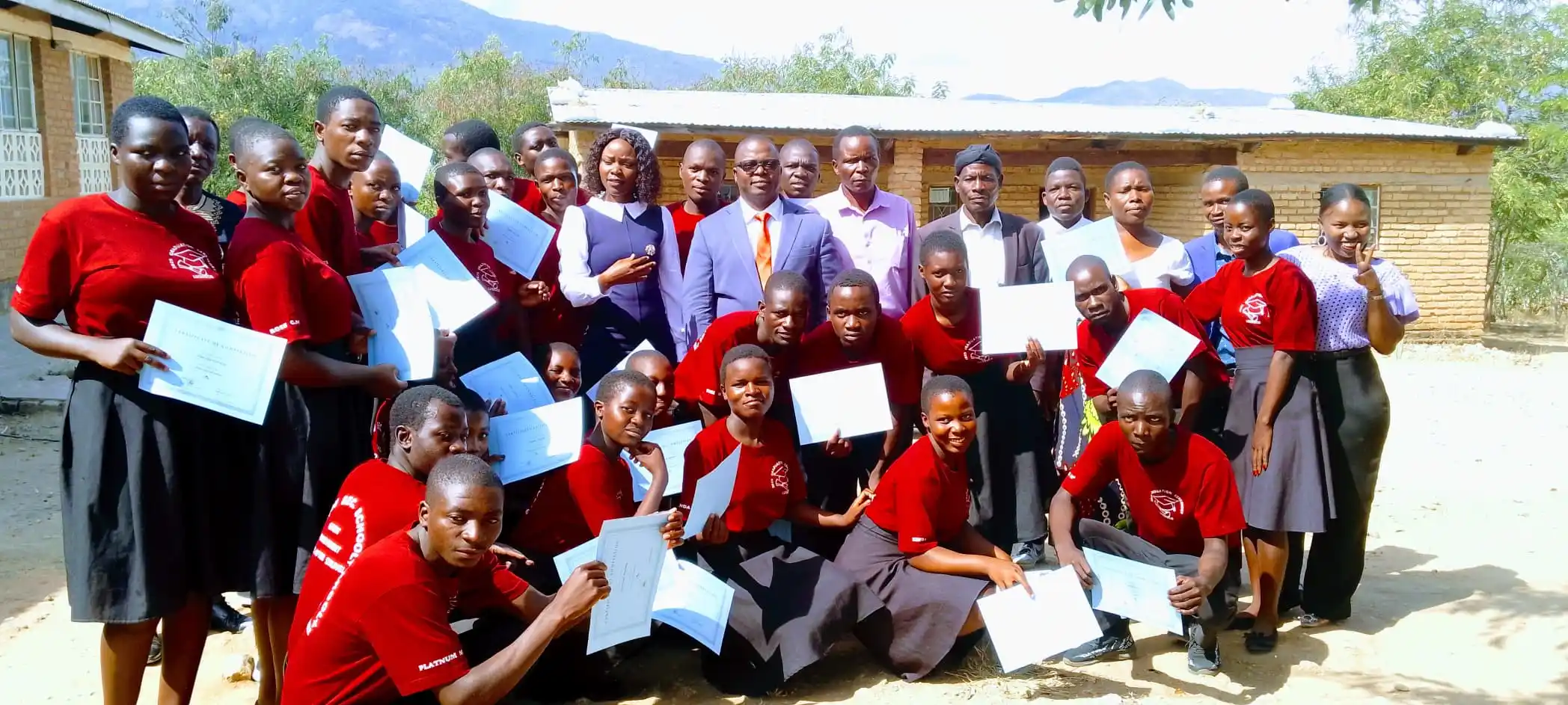
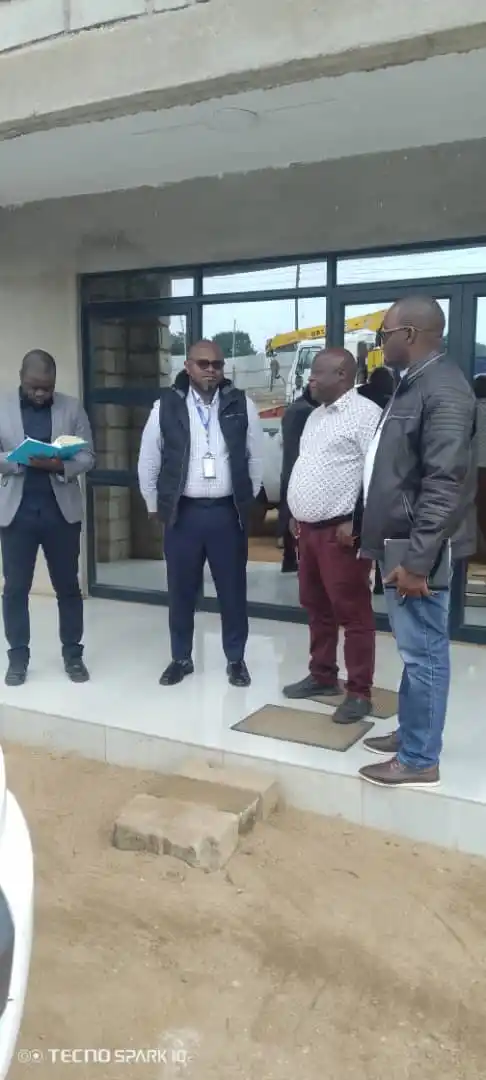




0 Comments